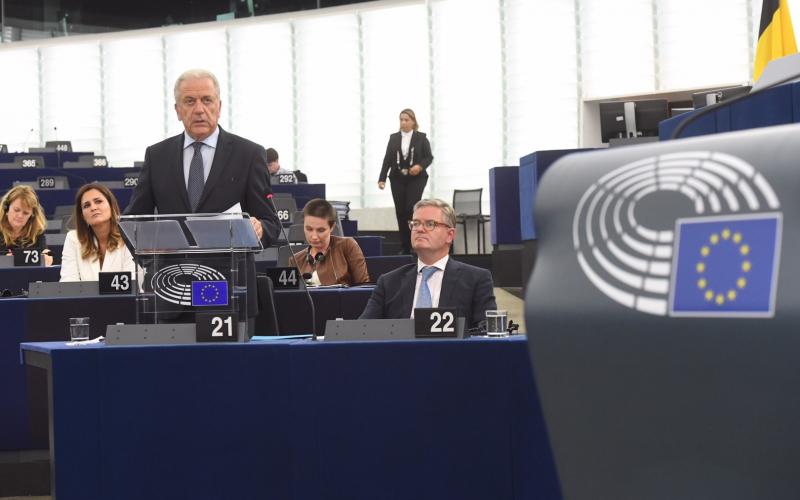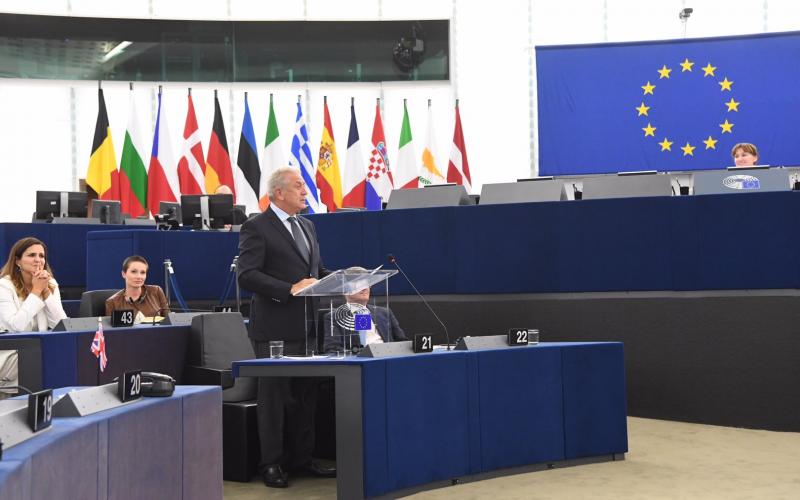Video: https://youtu.be/0z3jIOkl6ZY
Mr Corrao,
Dear Ignazio,
I don’t see many of your colleagues in this chamber at this late time. But as you see two Commissioners are present, given the importance of this dossier.
Today, we bring all our Member States up to the international standards of the money-laundering fight.
Honourable Members,
I would like to thank the Rapporteur, Mr Corrao and his shadows, as well as the Council for this excellent outcome of the negotiations on our proposal for a directive on countering money laundering by criminal law.
Money laundering is a serious affliction in our economies and in our societies.
Never far from the news, it is a practice which undermines trust in financial institutions and entire economies.
Dirty money is unfortunately also a key security concern, because laundering is instrumental to the operations of criminal – and even terrorist – groups.
Terrorist organisations and organised crime need financing to maintain their criminal networks, to recruit and supply, and to commit terrorist acts themselves.
Money laundering allows criminal organisations to reap fruits from illegal activities and maintain operations.
Our existing criminal law framework against money laundering in the EU suffers from gaps and loopholes.
All Member States criminalise money laundering; but the differences in how they do this, in the scope and sanctions for money laundering offences affect negatively cross-border police and judicial cooperation.
Information exchange becomes difficult and criminals slip through the cracks left by divergent national systems.
Crime of course follows the path of least resistance, and criminals do their business where they see anti-money laundering measures to be weakest.
The agreement you reached in the trilogues will remedy these problems.
Our new rules will reinforce our capacity to tackle organised crime and terrorist financing more effectively by providing police and prosecutors the tools to crack down on money laundering.
They will provide:
– minimum common rules on the definition of criminal offences and sanctions relating to money laundering, including profits from all offences defined in EU criminal law;
– common provisions to improve the investigation of money laundering related offences;
– a comprehensive definition of money laundering,
ranging from conversion and concealment to mere possession or use of criminal property, and including “self-laundering”;
– liability and punishment for both natural and legal persons involved in money laundering; and
– maximum sanctions for those convicted of money laundering of at least four years of imprisonment.
Ladies and gentlemen,
This is the European Union providing added value to its Member States.
My thanks once again to Mr Corrao and his shadow rapporteurs for the excellent work on this initiative.


